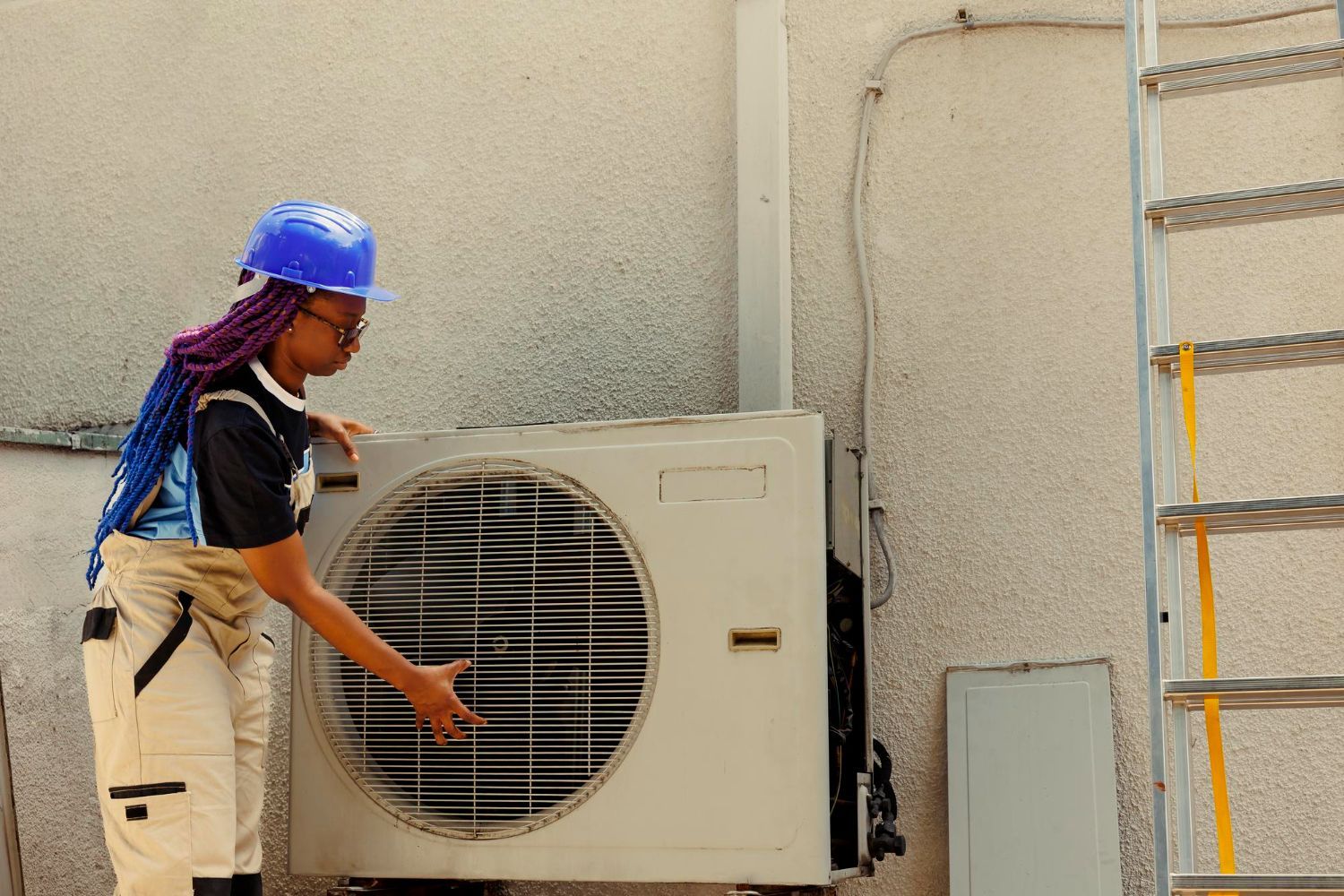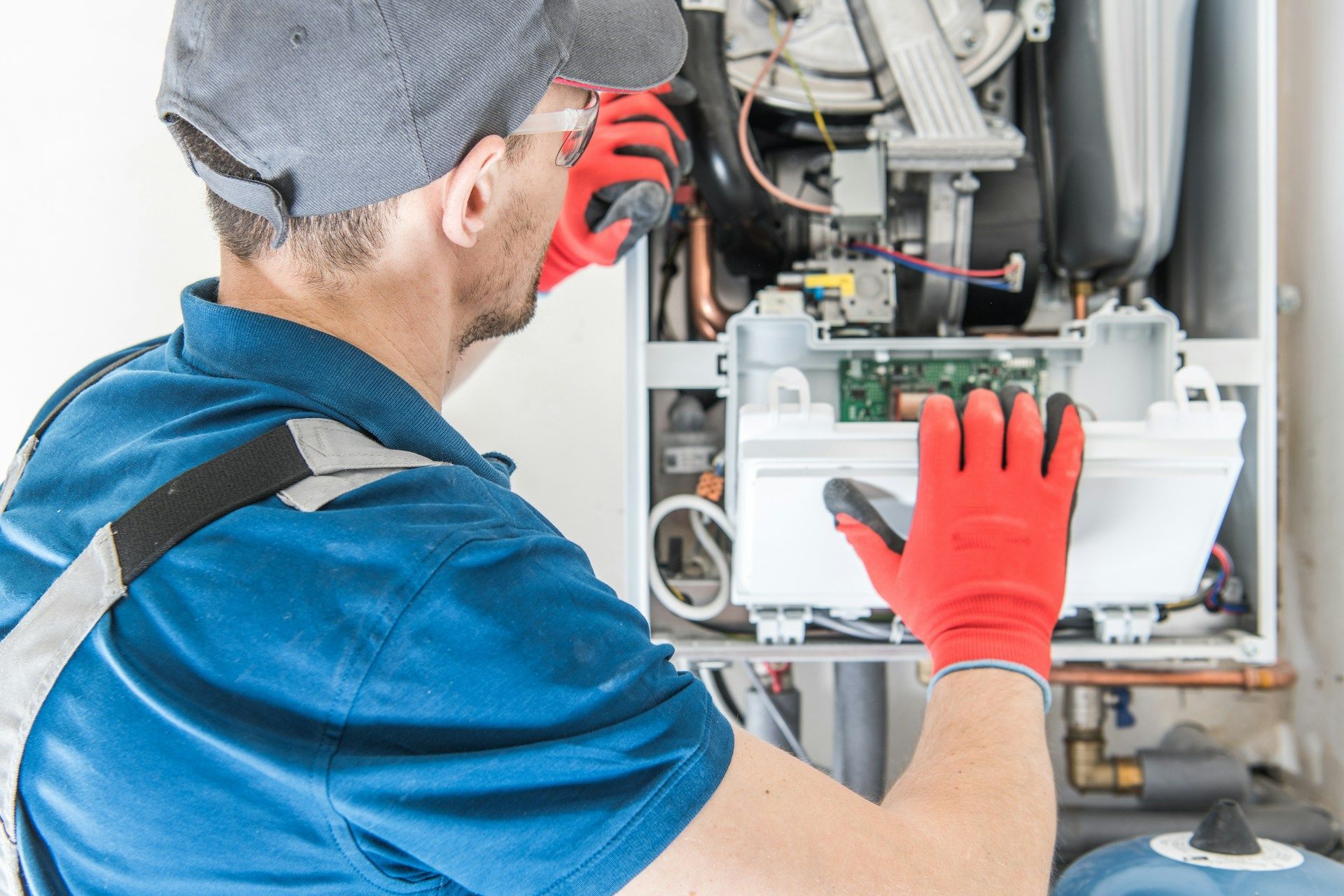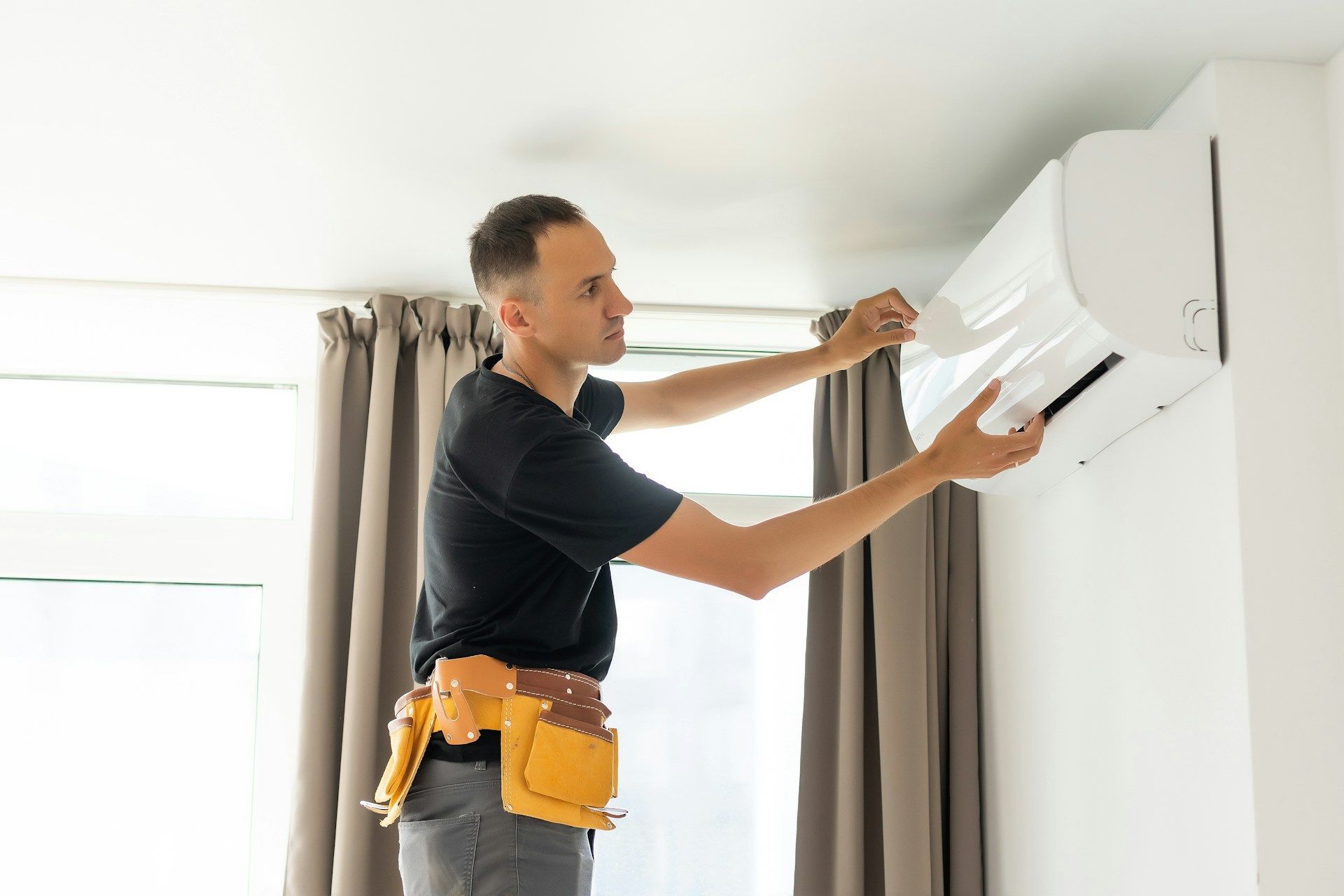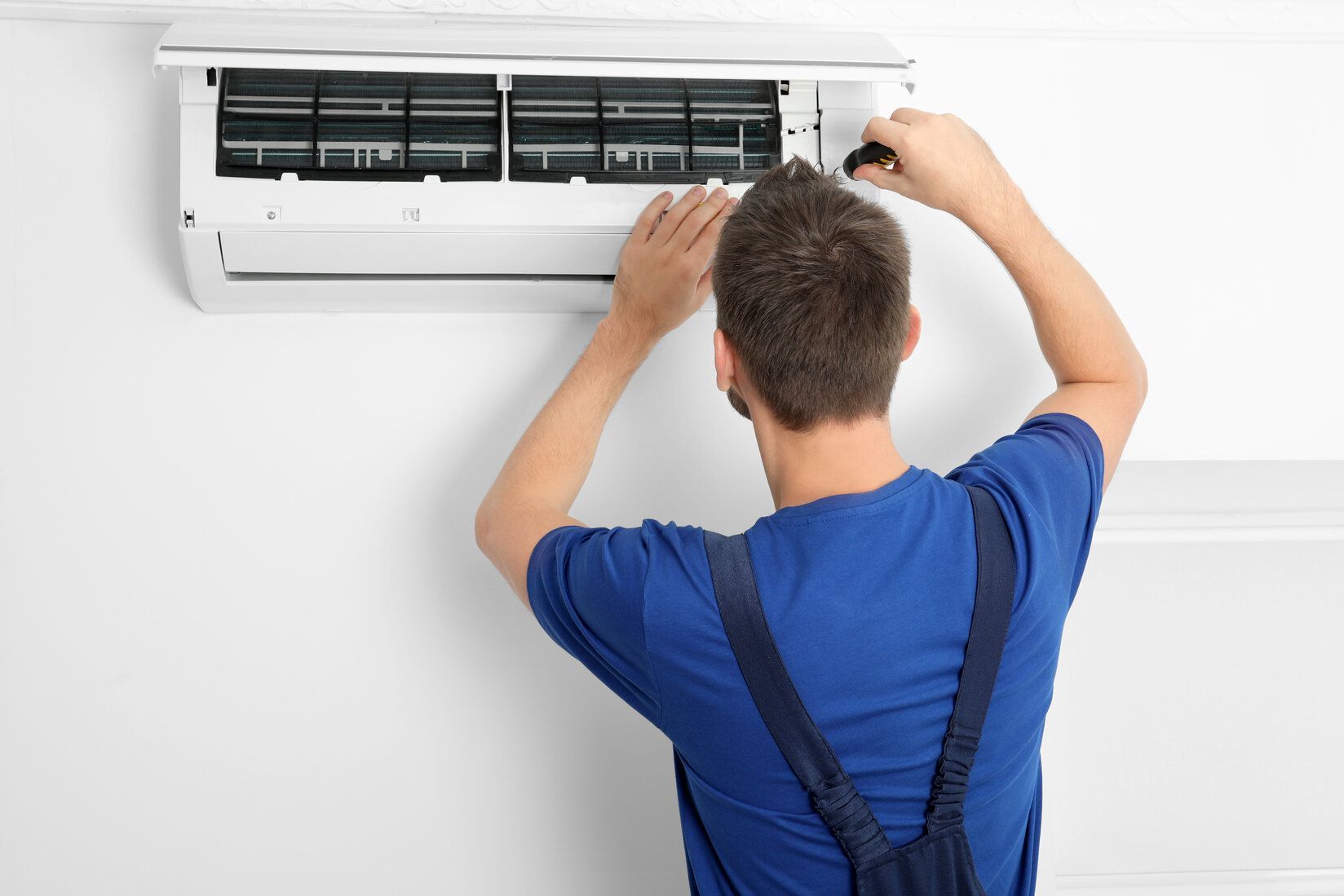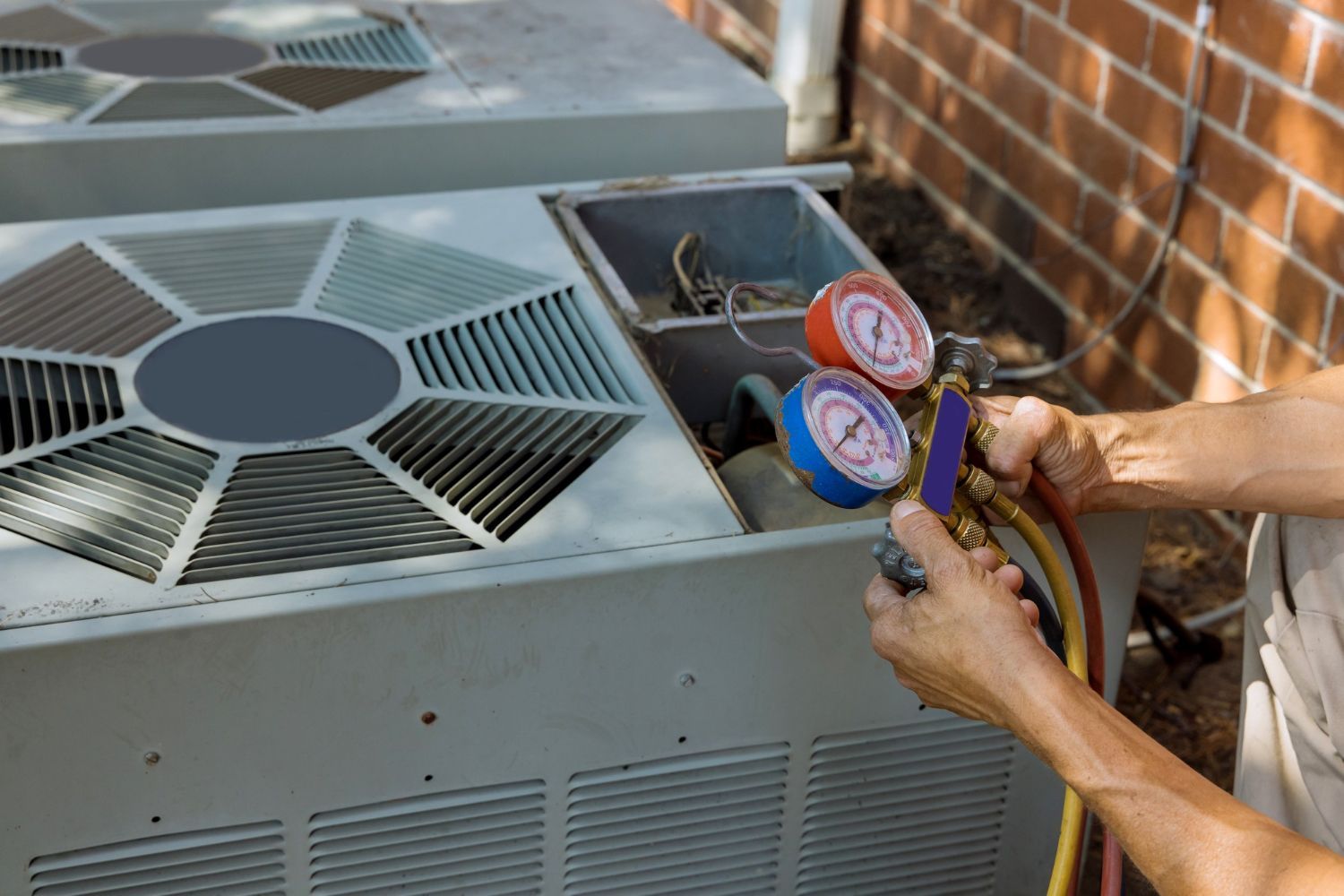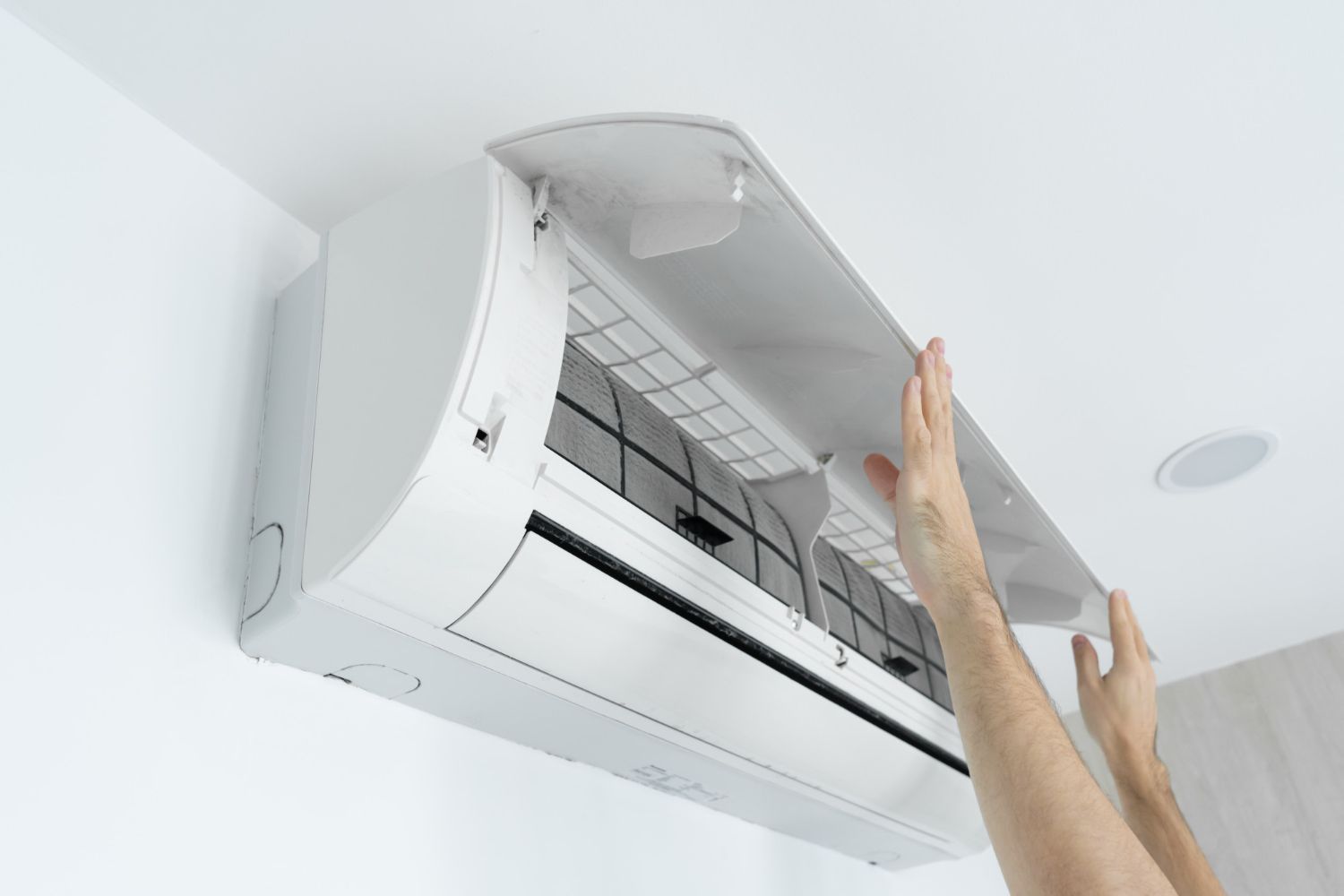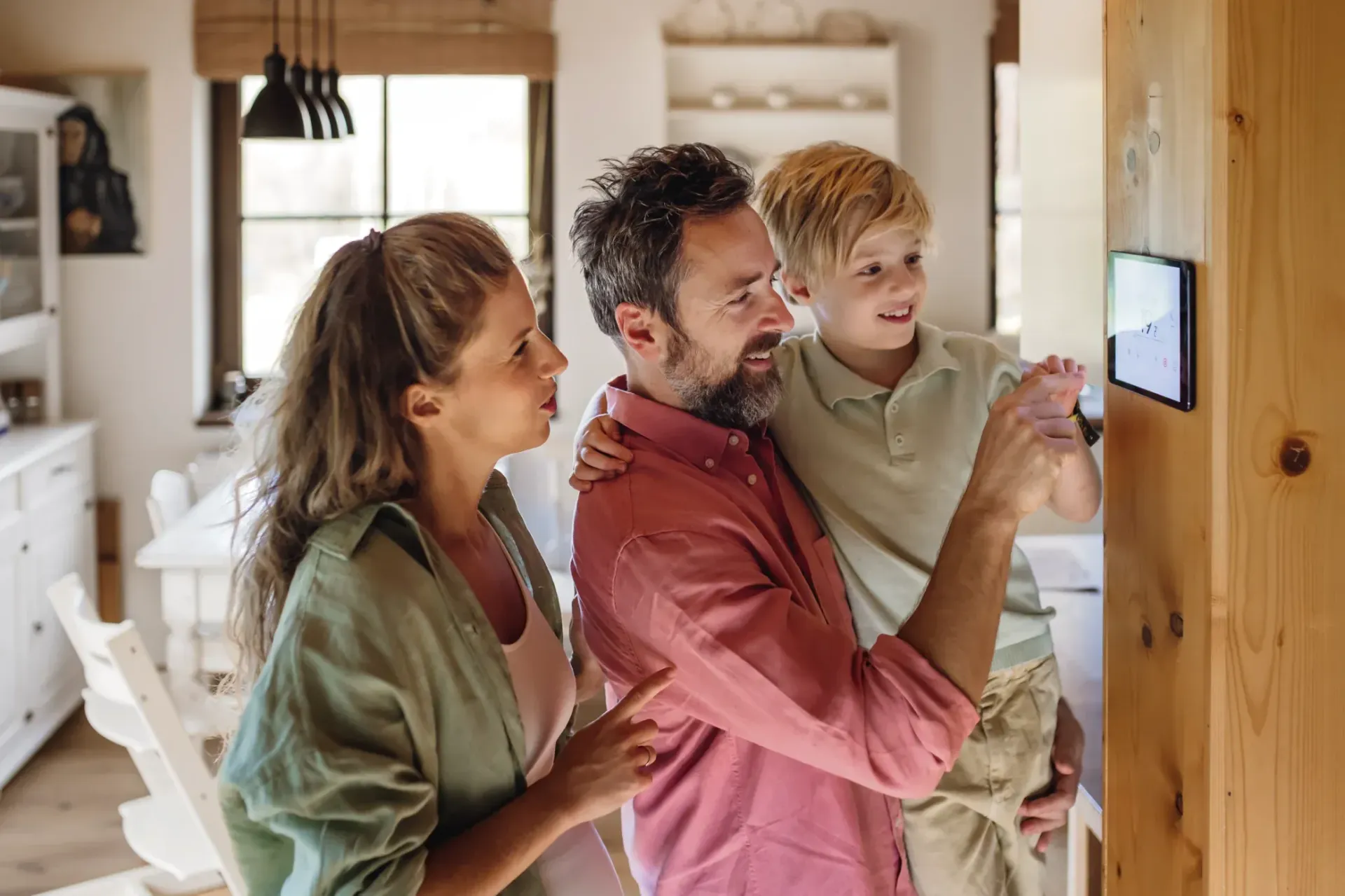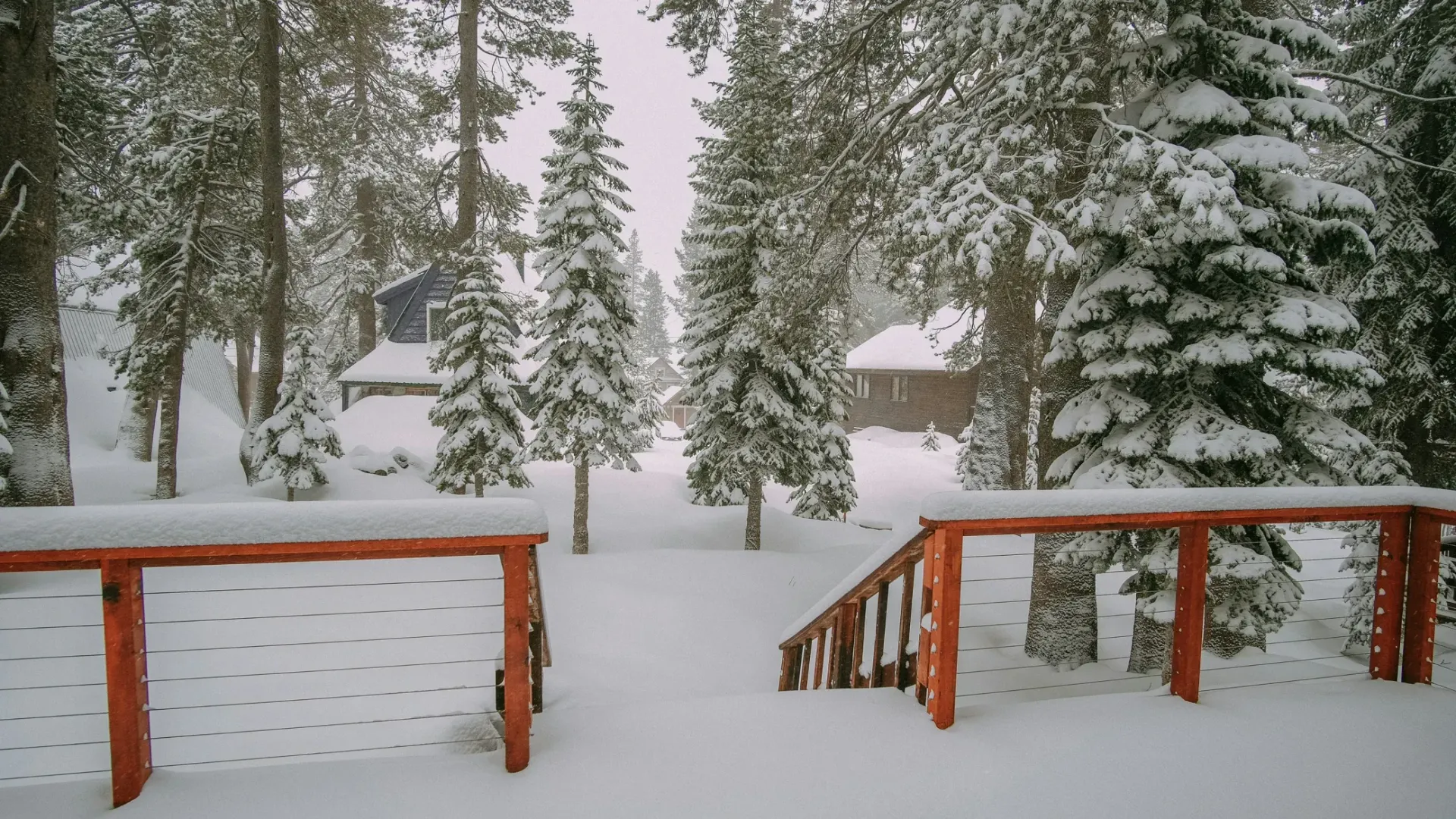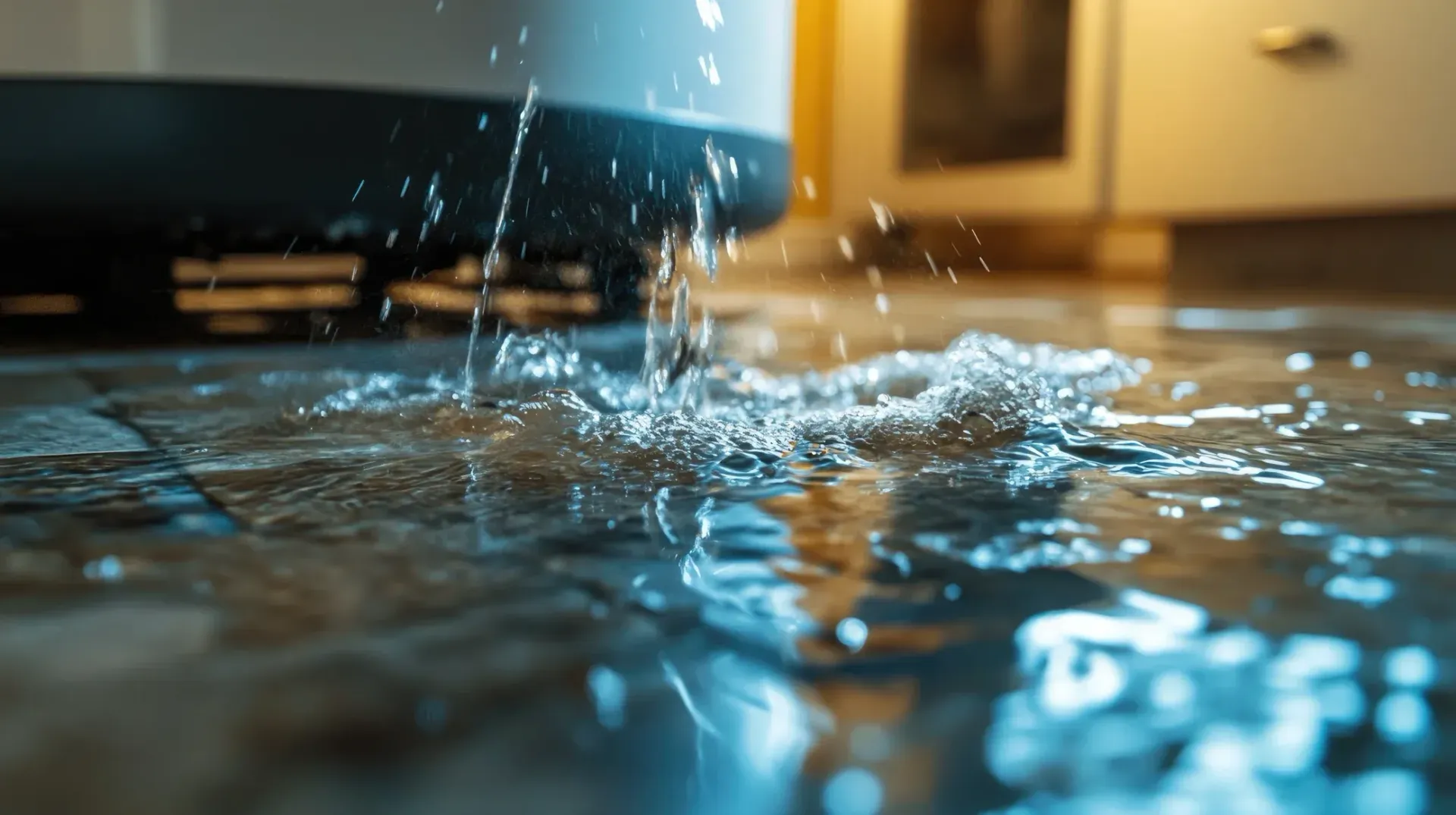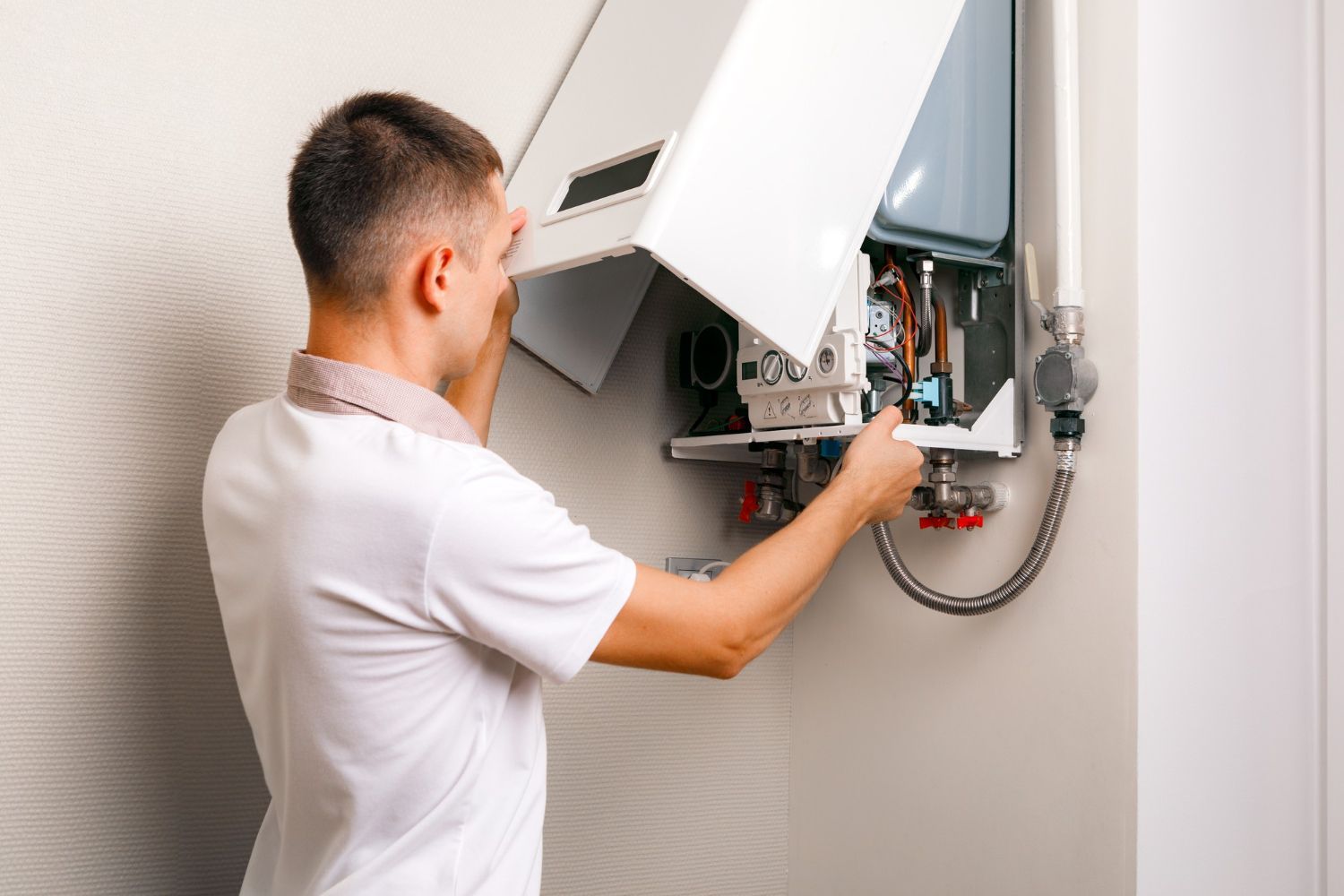Is it time to replace my furnace, and what are the signs?
In Bozeman, Montana, most people rely on these furnaces all winter to live comfortably. However, due to excessive use, the unit starts showing furnace replacement signs that need to be addressed promptly. Some residents ask, Is it time to replace my unit, or can it be replaced? If you are thinking the same! You are at the right place.
An average furnace has a lifespan of 15 to 20 years. However, in Bozeman, where the temperature falls to freezing point, it puts an extra strain on the unit. Some homeowners in Montana expressed their frustration as their unit lasts much shorter than they anticipated, and they have to replace it.
The unit never fails all of a sudden. It starts showing signs of damage long ago, so you can take proactive steps to salvage it. What are those signs? Let's find out together!
List Of Furnace Replacement Signs And What They Mean?
There are several signs that could indicate it’s time for an upgrade. Let's discuss some common signs that your furnace might need replacing, helping you make an informed decision before the cold weather hits.
The Age of Your Furnace
The first and most important sign to consider when deciding whether to replace your furnace is its age. On average, a furnace lasts anywhere from
15 to 20 years, depending on the level of maintenance and how frequently it's used. If your furnace is pushing past 15 years and is no longer running as efficiently as it once did, it may be time to consider an
old furnace replacement immediately.
Why Does Furnace Age Matter?
Older furnaces are often less efficient and more prone to breakdowns. They struggle to meet the growing demands of your heating needs, especially as energy efficiency standards evolve. In fact, older units can use up to 30% more energy than a newer model, increasing your monthly energy bills. If your furnace is on the older side, replacing it with a newer, more energy-efficient model can save you money in the long run.
Rising Energy Bills
Has your heating bill been creeping up even though your usage hasn’t changed? This could be a clear sign that your furnace is no longer running efficiently. As furnaces age, they lose their efficiency, meaning they have to work harder to produce the same amount of heat. This puts more strain on the system and results in higher energy bills. If you’ve noticed a significant spike in your heating costs, it’s worth evaluating whether replacing your furnace would help reduce these costs.
Is It Worth the Investment?
Many homeowners find that the cost of replacing their furnace is quickly offset by the savings in energy bills. Newer furnaces are built with advanced technology that maximizes energy efficiency, meaning they use less energy to heat your home. This can help lower your monthly energy bills and, over time, pay for the cost of the new system.
Frequent and Costly Repairs
If you find yourself calling the repairman multiple times a year for furnace issues, it is clear that your
heating system's lifespan is done, and now it is asking for replacement. Frequent repairs can quickly add up, and it’s often more cost-effective to invest in a new furnace rather than continue to pay for repairs.
How Much Is Too Much?
If the cost of repairs is more than 50% of the cost of a new furnace, it's a clear indication that you should start shopping for a replacement. Repairing an old furnace frequently can be frustrating and expensive, while a new furnace will often come with a warranty and fewer maintenance issues for years to come.
Uneven Heating
Are some rooms in your home feeling too hot while others are cold? This is another sign that your furnace may need replacing. When a furnace is struggling to perform at full capacity, it can lead to uneven heating throughout your home. If you’ve tried adjusting your thermostat or using space heaters to compensate, but the problem persists, your furnace could be the culprit.
Why Does This Happen?
As furnaces age, they can develop issues with their distribution system, making it harder to effectively push warm air throughout the house. When this happens, some rooms may remain cool while others become overheated. Replacing the furnace will not only fix the issue but will also improve your home’s overall comfort.
Strange Noises
A properly functioning furnace should run quietly in the background, providing warmth without causing disruption. However, if you start hearing strange noises like
rattling,
buzzing,
humming, or
banging, this is a red flag that something is wrong. These noises can be caused by cracked heat exchangers, loose parts, or even a malfunctioning blower motor.
What Do These Noises Mean?
Strange noises are often a sign of structural problems within the furnace that could lead to a complete breakdown if left untreated. In some cases, these issues are fixable, but if the noises are persistent or worsen over time, replacing the furnace is the best solution. In this situation, when comparing
furnace repair
vs. replacement, replacement would be a much better idea.
Poor Air Quality
If you’ve noticed an increase in dust, dander, or an unpleasant smell coming from your furnace, it might be time to replace it. Poor air quality can be a sign that your furnace is no longer filtering or circulating air as it should. Dust and dirt buildup inside the system can lead to the release of allergens into the air, which can cause respiratory issues for you and your family.
How Does a Furnace Impact Air Quality?
Furnaces help filter and circulate air throughout your home. As they age, the filters can become clogged, and the ducts can accumulate dust and debris. This leads to poor air quality and can even exacerbate allergies. A new furnace comes with a fresh set of filters and improved air circulation, improving the air quality inside your home.
Visible Rust or Cracks
If you notice visible rust or cracks on your furnace, especially around the heat exchanger, it’s a serious concern. These are signs of deterioration and can be a safety hazard. Cracks in the heat exchanger can cause carbon monoxide leaks, which are extremely dangerous. If you spot these issues, it’s essential to replace the furnace immediately.
What Are the Risks?
A cracked heat exchanger can allow carbon monoxide to leak into your home, which is a serious health risk. Carbon monoxide poisoning can lead to symptoms such as headaches, dizziness, and nausea, and in severe cases, it can be fatal. If you see rust or cracks, do not wait. Call
heating services in Bozeman, MT, and replace your furnace as soon as possible.
Yellow Flame
A gas furnace should produce a bright blue flame. If you notice a yellow or flickering flame, it’s a sign of incomplete combustion, which could indicate a potential carbon monoxide problem. This is not only a sign that your furnace is inefficient, but it’s also a dangerous situation that requires immediate attention.
What Should You Do?
If you notice a yellow flame or suspect that your furnace is not burning fuel correctly, it’s important to call an HVAC professional right away. A yellow flame could be a sign that your furnace is malfunctioning and could pose a health risk.
Final Thoughts
You may find numerous furnace replacement signs, but there is only one solution. Call a trusted hvac expert and replace your unit with an advanced, energy-efficient furnace that won't ask for repairs for the next 5 years at least. Don’t wait for your furnace to fail. Instead, addressing these signs early can save you from costly repairs and unexpected breakdowns.
At Premier Systems, we specialize in expert HVAC and electrical solutions for your home or business. From prompt furnace repairs to new installations and routine maintenance, our trusted technicians have you covered. Let our HVAC service company handle the hard work so you can stay comfortable.
Book online now or call us at 406-413-9325 to schedule your service!
FAQs
How often should I service my furnace in Bozeman?
It's recommended to have your furnace serviced once a year, ideally before the heating season starts. Regular maintenance helps keep it running efficiently and prevents unexpected breakdowns.
Why is my furnace making strange noises?
Strange noises like rattling, buzzing, or banging usually indicate a problem. It could be loose parts or an issue with the blower. It's best to call a technician to inspect and fix it.
When should I replace my air conditioner?
If your AC is over 10-15 years old, needs frequent repairs, or is making your energy bills higher, it might be time to replace it. Newer models are more energy-efficient and cost-effective.
How can I improve indoor air quality in my Bozeman home?
Regularly change your air filters, get air duct cleaning, and consider installing an air purifier. These steps will help remove dust, allergens, and pollutants from your home’s air.
Do you offer emergency HVAC services in Bozeman?
Yes, Premier Systems offers 24/7 emergency HVAC services. If your heating or cooling system fails unexpectedly, give us a call, and we’ll quickly send a technician to get things working again.

